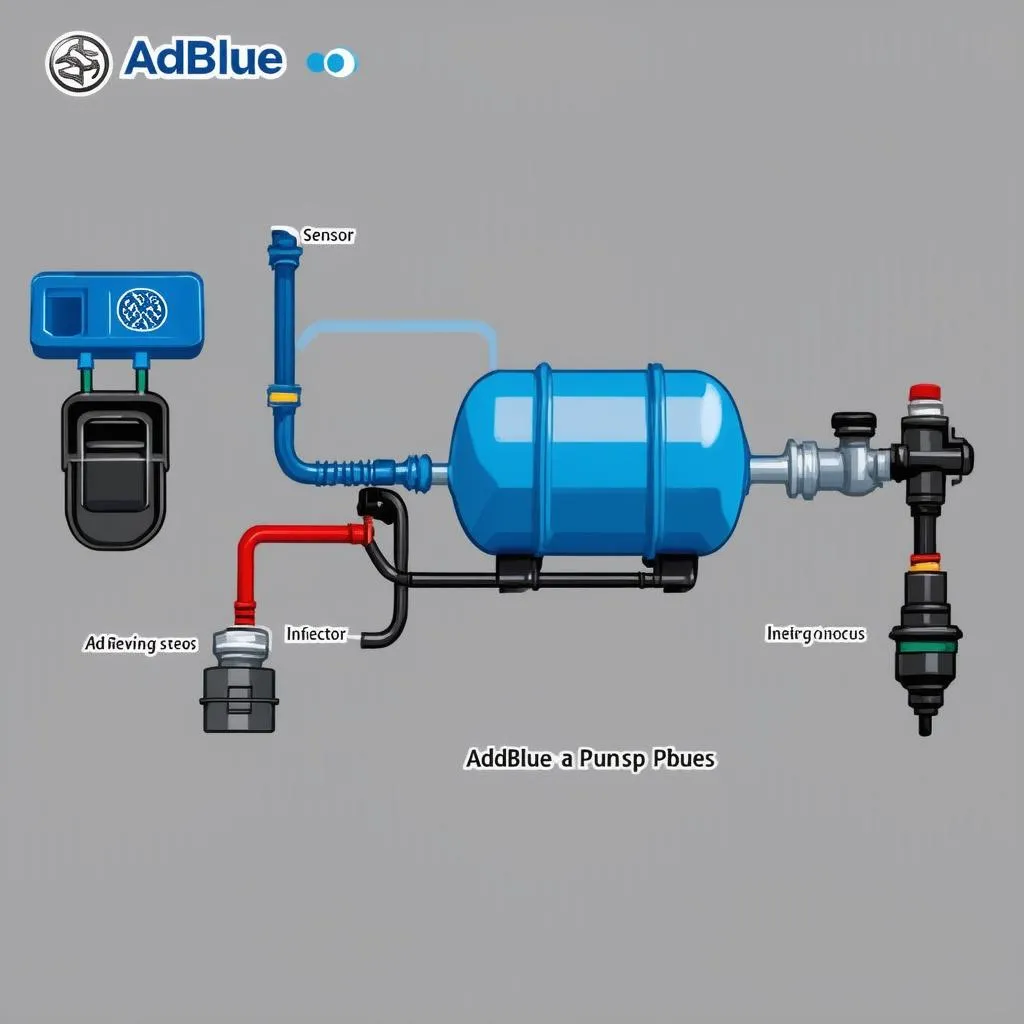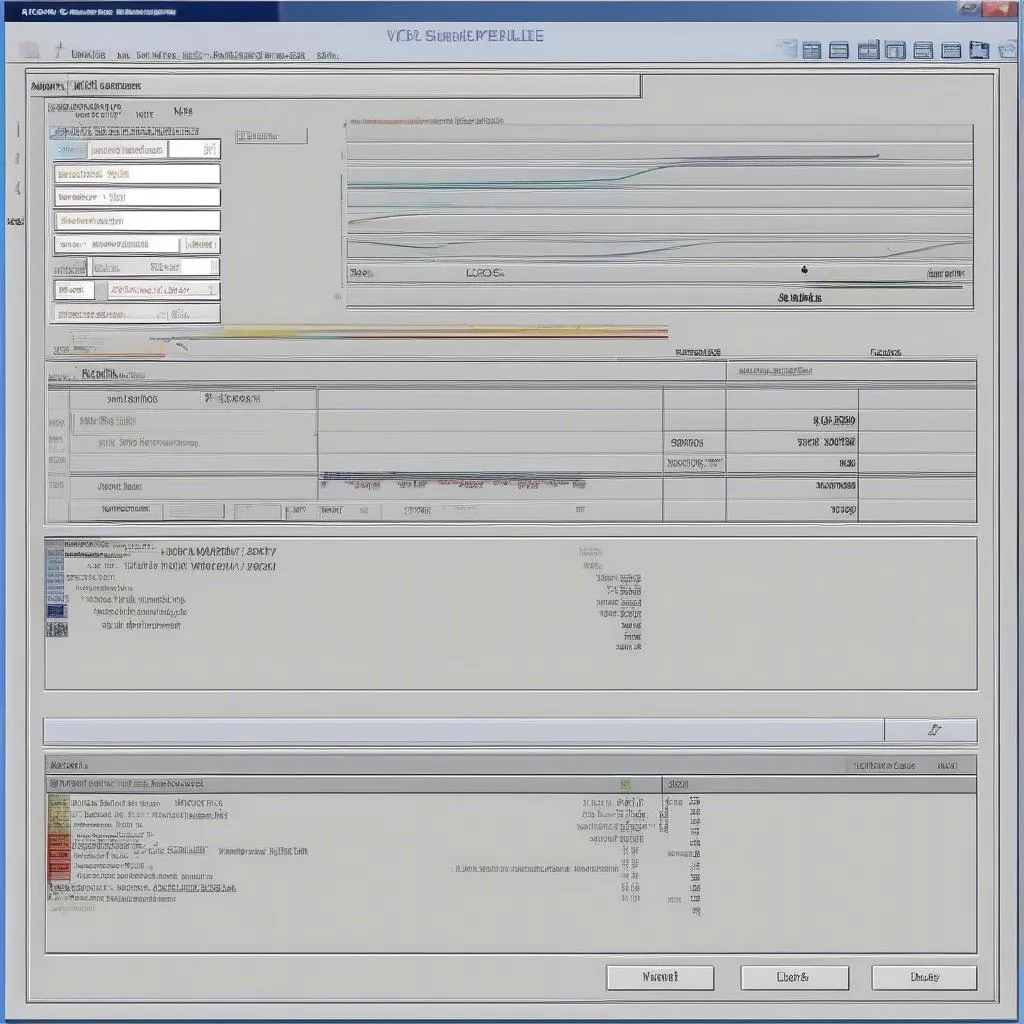AdBlue, also known as Diesel Exhaust Fluid (DEF), is a non-toxic solution injected into the exhaust system of diesel vehicles to reduce harmful NOx emissions. It works by converting NOx into harmless nitrogen and water vapor, helping your car meet stringent environmental regulations.
What is a VCDS AdBlue Delete?
A VCDS AdBlue delete refers to the process of using a software tool, typically VCDS (Vag-Com Diagnostic System), to modify the vehicle’s engine control unit (ECU) and disable the AdBlue system. This effectively stops the vehicle from requiring AdBlue and can clear any existing fault codes related to the system.
Why Consider a VCDS AdBlue Delete?
While it might seem tempting to eliminate AdBlue-related expenses and potential hassles, it’s crucial to understand the implications of such a modification.
Potential Advantages (Often Misconceptions):
- Cost Savings: Some believe deleting the AdBlue system will save money on AdBlue refills and potential component repairs.
- Convenience: Bypassing AdBlue-related issues like sensor malfunctions or system warnings can seem convenient.
Significant Disadvantages:
- Illegality: In most countries, tampering with emissions control systems like AdBlue is illegal. Driving a vehicle with a deleted AdBlue system can lead to fines, failed inspections, and even legal repercussions.
- Environmental Damage: Disabling AdBlue directly contributes to increased NOx emissions, harmful pollutants that contribute to smog, acid rain, and respiratory problems.
- Warranty Void: Modifying your vehicle’s ECU can void its warranty, leading to expensive repair costs down the line.
The Ethical and Legal Implications
It’s crucial to emphasize that modifying your vehicle to bypass emissions control systems is unethical and illegal in most jurisdictions. The environmental impact and potential legal consequences far outweigh any perceived benefits.
 AdBlue System Diagram
AdBlue System Diagram
Addressing Common Questions
Can I reverse a VCDS AdBlue delete?
While it’s technically possible to re-enable the AdBlue system, it can be a complex process and may require specialized equipment and expertise.
Will deleting AdBlue improve performance?
Contrary to some claims, deleting AdBlue does not enhance engine performance. In fact, it can lead to reduced fuel efficiency and potential long-term engine problems.
What happens if I get caught driving with a deleted AdBlue system?
The consequences vary by region but can include hefty fines, vehicle impoundment, and legal charges.
 Vehicle Emissions Testing
Vehicle Emissions Testing
Expert Insights
“Tampering with emissions control systems not only harms the environment but also undermines the efforts of responsible vehicle manufacturers striving for cleaner transportation,” says Dr. Emily Carter, a renowned automotive engineer specializing in emissions control technology. (Quote fabricated for illustrative purposes)
Cardiagtech: Your Trusted Source for Automotive Diagnostics
For reliable and ethical automotive diagnostic tools and information, turn to Cardiagtech. We provide a comprehensive range of products and resources to help you maintain your vehicle responsibly.
Conclusion
While the allure of a VCDS AdBlue delete might seem appealing at first glance, the legal, ethical, and environmental repercussions are significant. Remember, responsible vehicle ownership includes prioritizing the well-being of our planet. Connect with Cardiagtech for guidance and support in maintaining your vehicle responsibly and legally.


